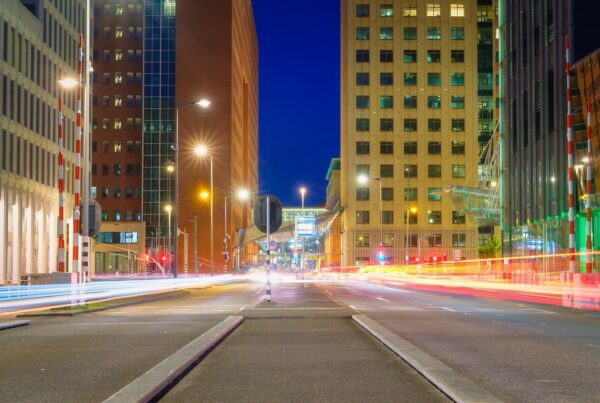Whether you’re a Denver-based content creator, or a local business, using Denver hashtags helps to ensure you find the right audience. By carefully choosing hashtags related to Denver and Colorado you increase the chances of being seen by local consumers. This is obviously preferable to gaining an audience of people who live outside of your catchment area and aren’t in a position to fully support your work. If you want to draw in the local crowds, here are some of the top hashtags for Denver worth considering.
The Purpose of Hashtags
Social media is thriving, and millions of new posts go live every day across the most successful platforms. In 2016, 95 million photos and videos were shared every day on Instagram alone, according to Reuters. With that much content floating around, it’s increasingly difficult to get noticed. Hashtags help remedy this by providing a way for creators to categorize content so it’s easier for consumers to search for what they like.
Instagram in particular has embraced the idea of hashtags. The site allows content creators to use up to 30 hashtags with every post, although there are guidelines against posting repetitive hashtags. Once tagged, a post becomes more visible as it appears on the relevant hashtag page with other posts sharing the same tag. Additionally, tags make it easier for viewers to customize their online experience, as they can search for and follow tags. It’s even possible to block content from users that use certain tags, which is useful feature if creators continuously use irrelevant tags.
10 Top Denver Hashtags
If you want to reach your local audience, the right hashtags are essential. The trick is to find hashtags that relate not only to your location, but also to your area of expertise. While the audience for such hashtags is relatively small, it’s an audience of the people who are most likely to be interested in the content you share. Here are 10 top Denver hashtags to consider.
- #denver: Not surprisingly, tagging content with your city name is a good way of signposting your location.
- #colorado: If you want your reach to extend beyond the city boundaries, it’s worth including the state name as well. You might also like to use #denvercolorado which is much more specific and more likely to hit exactly the audience you want.
- #milehighcity: Denver is called the Mile High City because it’s exactly one mile above sea level. Adding the famous nickname is a good trick if you’re dealing with tourism, or otherwise promoting the city.
- #milehigh: This hashtag is similar to #milehighcity, but it’s less desirable due to being more ambiguous.
- #coloradosprings: If you’re promoting something in a specific location, it’s often worth tagging in nearby places. A few Colorado landmarks might be worth including, although it’s important to make sure you’re only using relevant hashtags.
- #johndenver: Speaking of relevant hashtags, John Denver has a strong connection with Colorado. As a resident who sang about the area (and shared a name with the capital city) using his name is a way to get extra attention. However, you should avoid using hashtags if they’re irrelevant to your content as you may attract the wrong crowd. Stick to tags that make sense for you.
- #denverphotographer: If you have a skill and you’re local to a particular area, include tags that serve as a resume. Easily identifiable tags that let someone know you’re an artist, photographer or blogger make it easier to establish why you’re worth following.
- #broncos: Every city has its own sports teams. Whether you’re a super fan, or a business that sees trade booming on game days, it’s often worth name-dropping your team. In addition to #broncos for the Denver football team, you may want to try
- #nuggets or #nuggetsnation for the basketball team.
- #denvermusicscene: Hashtags that combine a location and a particular interest are especially useful. They key into interests that your potential customers have, and then identify those interests as being accessible in your area. It only makes sense that a music fan visiting Denver is going to search out the Denver music scene.
- #likeforlike: Regardless of location, tags such as #likeforlike, #like4like and #likeforfollow are incredibly popular. Creators, particularly new creators trying to build a brand, use these tags millions of times a day in an attempt to rapidly gain a following. While this is a popular way to appear successful in a short period of time, it’s not the best strategy. Most people that enter into “like for like” strategies have no interest in you or your content. Fake followers artificially inflate your follower count; it’s much better to have an audience of real, engaged fans.
Final Thought: Hashtag Searches
Content creators use hashtags to increase visibility and to make sure the right people find their work. That means searching for hashtags relating to your location or type of business is a good way to find influencers for marketing campaigns. However, searches are time consuming, and it’s possible to overlook suitable candidates due to time restrictions or the vast number of options. Make life easier by registering with IZEAx Discovery, the largest marketplace of its type for 100 percent opt-in content creators. Once you’ve signed up it becomes much easier to discover top influencers in your field who have the knowledge and audience to help your next campaign succeed.








